Torque
When you are looking to measure strain on your vehicle or structure, Remote Mechanical Sensing (RMS) is there to instrument your mechanical parts with strain gauges.
RMS provides services to measure torque.
Torque measurement is widely praised by engineers and test bench manufacturers in many industries. It is an essential characteristic used to assess the health and functionality of the majority of mechanical measuring systems, including pumps, rotating cutting tools, gearbox shafts, car axles, and electric motors. Additionally, measuring torque aids in minimizing downtime, enhancing product quality, and maximizing the test equipment's energy efficiency.
Torque is converted into an electrical signal via a strain gauge. The sensor is fastened to a rotating shaft that flexes in response to the applied torque. As a result of these variations in the strain gauges, the circuit resistance increases due to the tensile strain produced by one set of gauges and decreases due to the compression strain produced by another set. An imbalanced bridge is created as a result, and it generates an electrical output equal to the applied torque.
As experts in strain gauging services, calibration, testing, and data analysis are essential parts of our process. When using strain gauges, temperature variations typically have an unfavorable impact on the measurement outcome. This is the reason why we always ensure each instrumented part goes through thermal compensation tests before undergoing calibration & further tests for data analysis.


